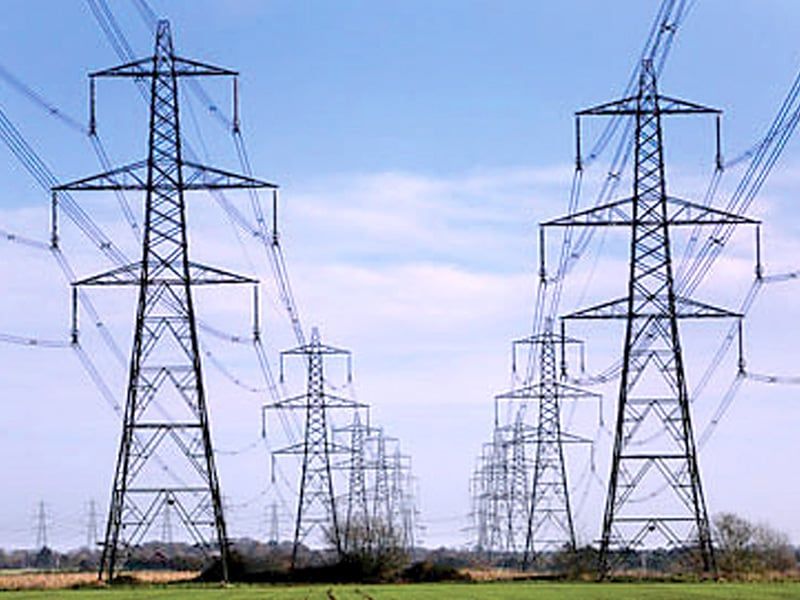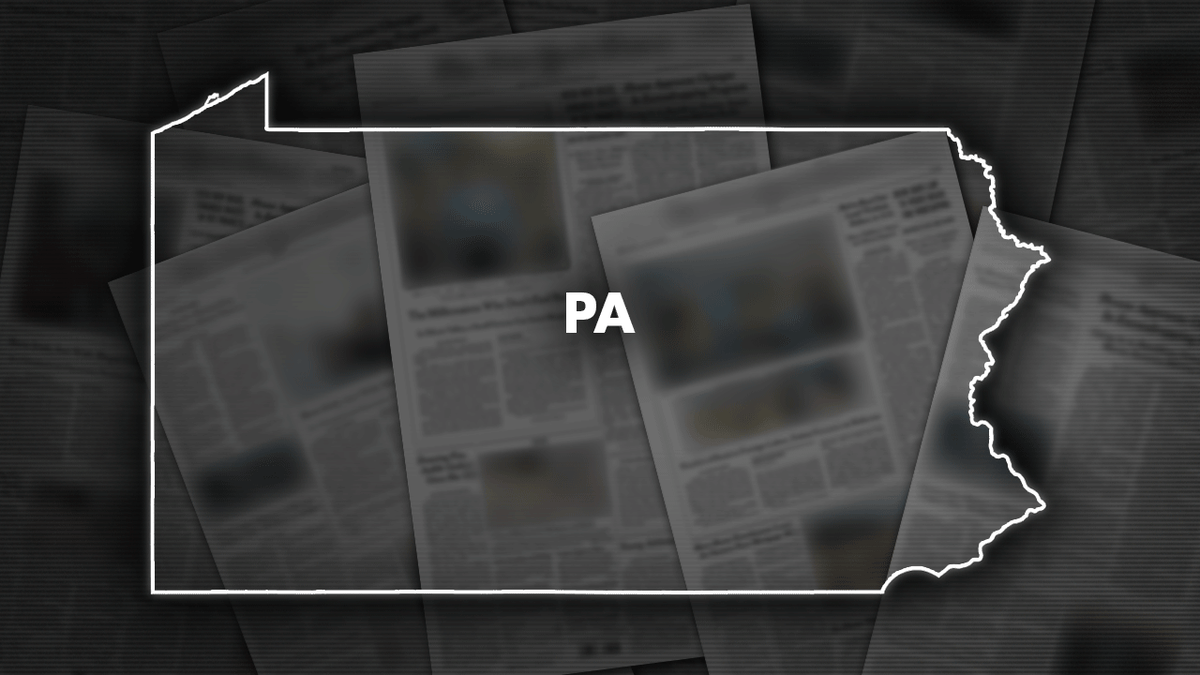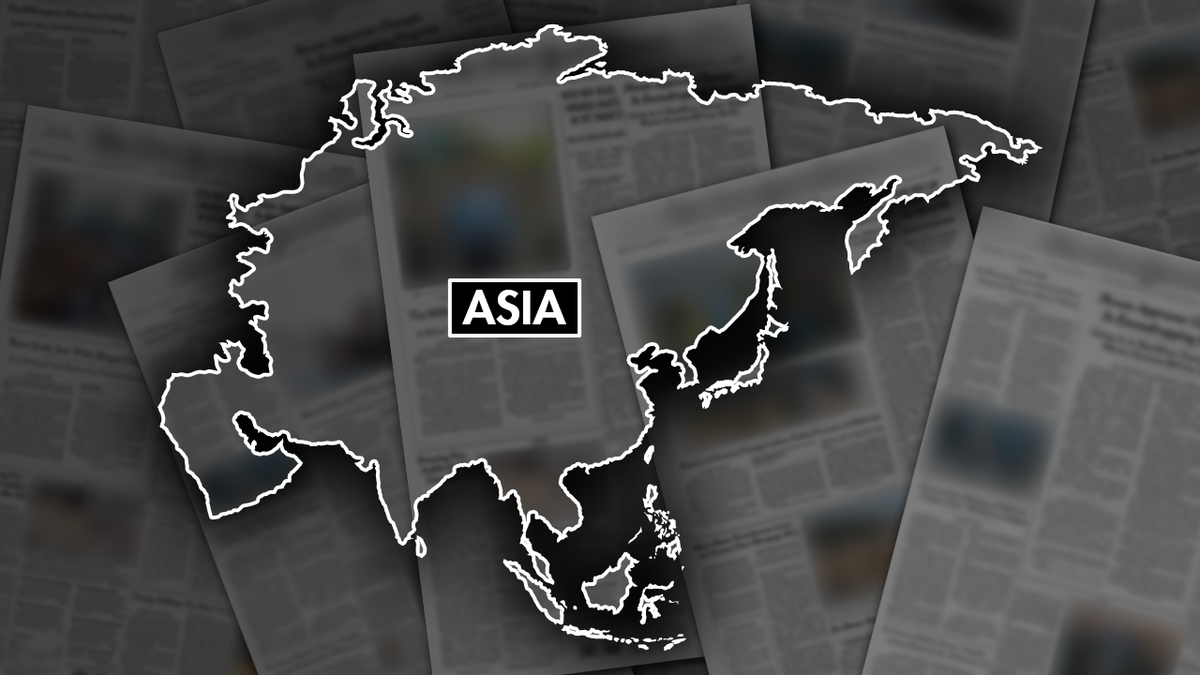The BBC is facing criticism and conducting an internal investigation after it came to light that a documentary about children living in Gaza featured the son of a Hamas official without disclosing this connection. The film, "Gaza: How To Survive A Warzone," which aired on Monday and followed the lives of young people aged 10-24 during the recent conflict, has been pulled from the BBC iPlayer pending the outcome of the investigation.
The controversy erupted when investigative journalist David Collier revealed that 13-year-old Abdullah, the narrator of the documentary, is the son of Hamas's deputy minister of agriculture. This revelation sparked outrage and accusations that the BBC was acting as a propaganda tool for Hamas. The BBC has since issued an apology and added a clarification to the film acknowledging Abdullah's family connection. The added text states: ‘The narrator of this film is 13-year-old Abdullah. His father has worked as a deputy agriculture minister for the Hamas-run government in Gaza. The production team had full editorial control of filming with Abdullah.’
The BBC's handling of the situation has drawn further criticism, with questions being raised about their editorial processes and due diligence. British Culture Secretary Lisa Nandy has stated her intention to meet with BBC executives to discuss the matter, emphasizing the importance of accurate and impartial reporting on the conflict. Several prominent British television figures have also written to the BBC demanding an independent investigation and expressing concerns about the lack of transparency surrounding Abdullah's family ties.
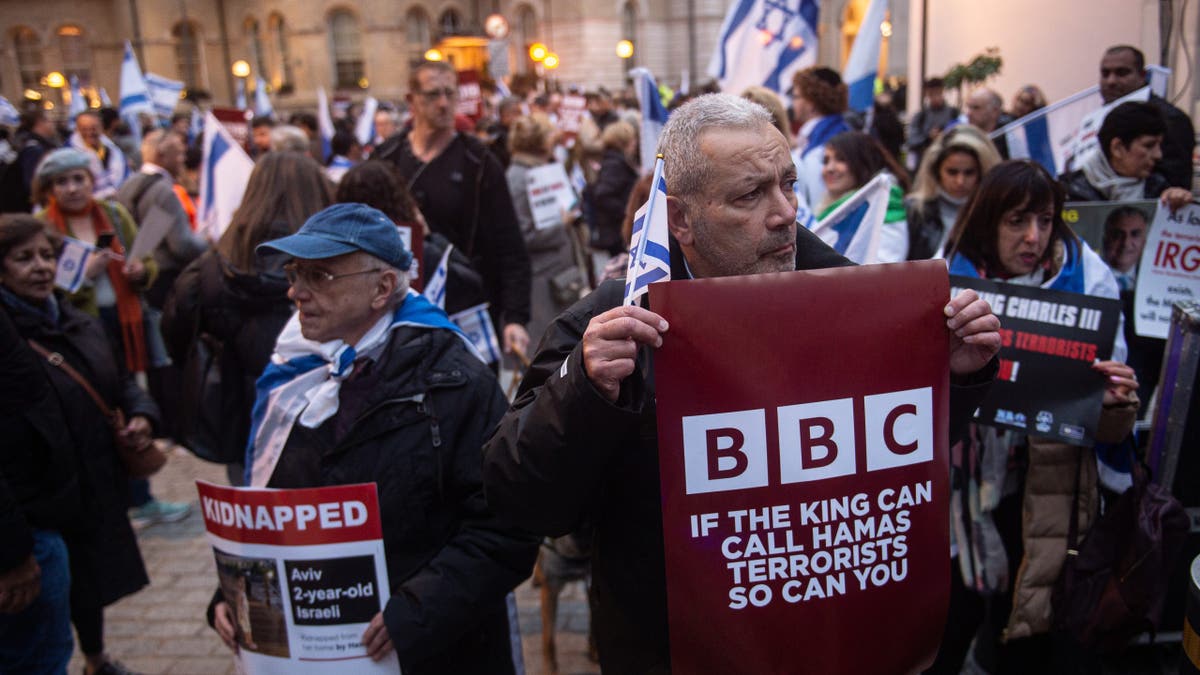
Image caption: Protests against BBC coverage. (Getty Images)
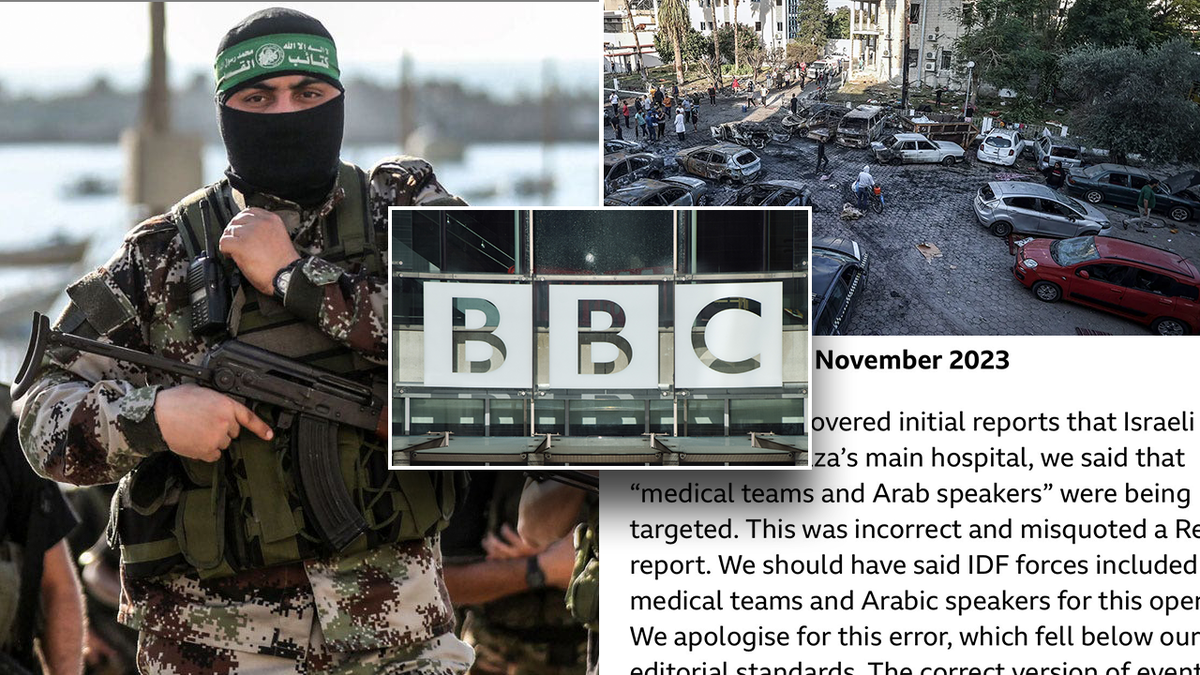
Image caption: Compilation of images related to BBC's coverage of the conflict. (Getty Images)
This incident follows previous controversies surrounding the BBC's coverage of the Israel-Hamas war, including apologies for inaccurate reporting and criticism for their reluctance to label Hamas as a terrorist organization. The ongoing investigation into the documentary is likely to further fuel debate about the BBC's impartiality and editorial standards.


